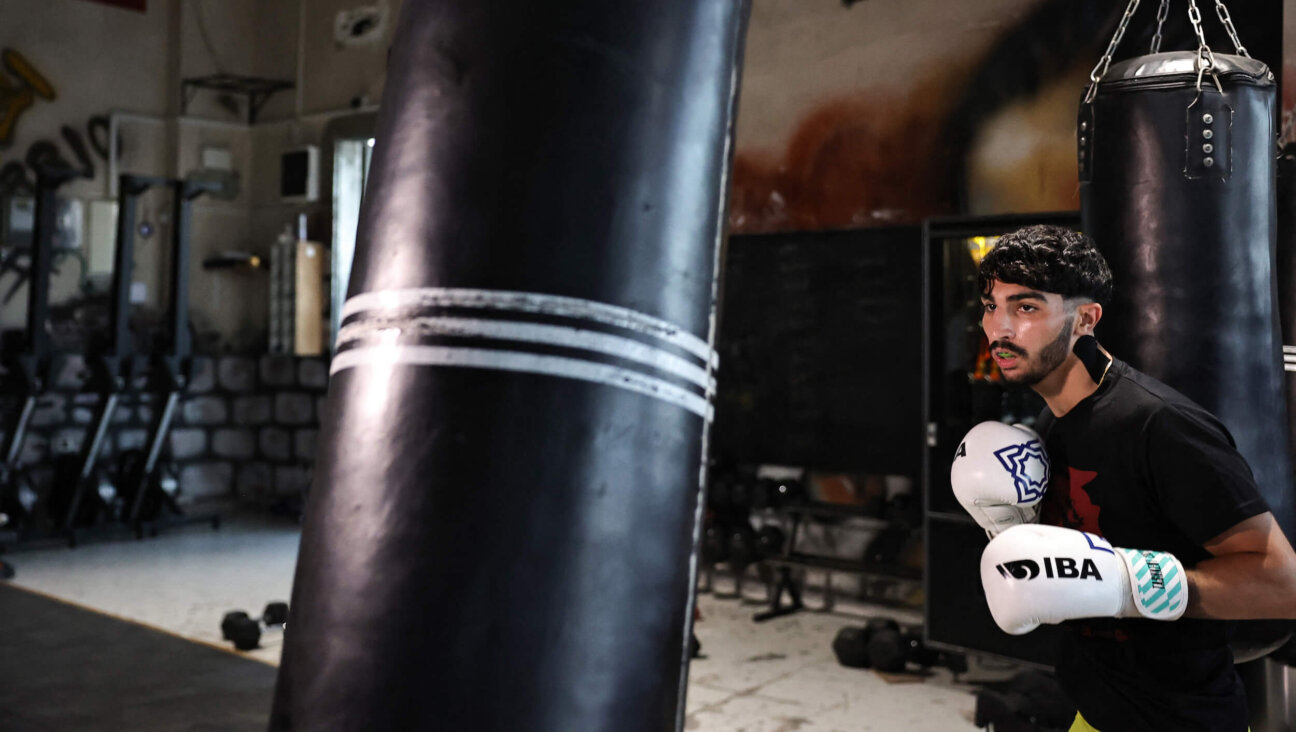Teaching Courage
Colman Genn died last week at the age of 68. The New York Times carried a long obituary, which he earned the hard way, but it missed some of the really big stuff.
Cole was best known because back in the late 1980s, when he was superintendent of Community School Board 27 in Queens, N.Y., he wore a wire — a recording device — for eight months and thereby documented the extent of corruption in the community- controlled schools of New York City. Some called him “the Serpico of the public school system” as a result.
I read about Cole’s derring-do when it was first reported in 1989, and because I was thinking a good deal about courage and decency back then, I called him. It was, I thought, a cold call, and I worried that I’d have trouble getting through. But when he picked up the phone, his secretary having told him who was on the line, his first words were, “Leonard Fein of Moment magazine?” I’d been gone from Moment for a couple of years by then, but even if I had still been there, I’d have been surprised — Moment being somewhat less than a household word.
“I’ve been a subscriber since the beginning; I love the magazine. What can I do for you?”
I told him what I was working on, and one or the other of us suggested we meet. So it was that two or three weeks later, I found myself in his office at the district headquarters. We hit it off, big time, almost immediately.
“Colman,” it turns out, was merely the Anglicization of Kalman (his brothers are named Reuven, Mordechai and Manny). He was a graduate of Yeshivat Etz-chaim and Yeshiva University High School in Brooklyn, from which he’d played very substantial hooky, and in college he majored in health and physical education. He was as unpretentious a man as I’ve ever met, and the story he told me of the fear he’d lived with during the eight months of being wired was hair-raising — involving, as it peripherally did for a time, the notorious Gotti crime family.
Later that day, Cole took me to his home, where I met his wife and daughter and where I saw, on the living room wall, three framed pages from Moment, from our piece on Ben Shahn in November 1976. One was that issue’s cover, Shahn’s lithographic interpretation of “im ein ani li mi li,” “If I am not for myself who will be for me?” along with its companion questions, “If I am only for myself, what am I?” and “If not now, when?” The others, as I recall, were a Shahn drawing of Martin Luther King Jr. and — here my recollection dims a bit — his drawing of Sacco and Vanzetti with the famous long quote from Vanzetti that begins: “If it had not been for these things, I might have lived out my life talking at streetcorners to scorning men.”
For my part, I’d written a book in 1970 on community control of the schools, at the time an enormously controversial issue in New York, and I’d somewhat tepidly endorsed the idea — essentially, an effort to give community leaders and parents a role in running the public schools. This radical decentralization — the city was divided into 32 school districts — seemed a useful reform of New York’s sclerotic system. I did not foresee, not even did the reform’s opponents, that it would in fact lead more to the decentralization of corruption than to the decentralization of power. And it was Cole’s testimony, in 1989, that led, eventually, to the recentralization of the schools.
But his substantive record as a school leader long antedated the headline issue of corruption. He was the key player in establishing and managing three alternative schools in East Harlem, and the results he achieved there — a dramatic reduction in both absenteeism and dropout rates, a real shift in school culture — were very nearly breathtaking. And it was that kind of educational innovation to which he devoted the years after he left his job in Queens in 1991. In fact, just two weeks before his death, the Times reports, he traveled to Israel to help create a school for immigrant children.
Courage takes many forms. Typically, we associate it with risk-taking, and especially with the taking of physical risks. I think often, in connection with courage, of Doctors Without Borders, that stunning organization whose volunteers so often end up staying in zones of war long after others have left. And I realize, as I think of them, that more, much more than physical courage is asked of them. There’s a kind of moral courage, the courage to do your job among people who are dying; to witness the dying; to handle, somehow, the frustration of knowing how limited your intervention necessarily is; and to be there, nonetheless, for the handful you can help.
In Cole Genn’s case, courage meant not only the obvious risk of wearing a wire, an act that caused him to live for a time with a health-threatening dose of real fear. It also meant the readiness to stand against a system notorious for its reluctance to change. If the New York City School System one day chooses to honor one of its own, as it should, perhaps by naming a new or refurbished school after him, I very much hope that on the plaque that is affixed to explain the school’s name, both kinds of Cole’s courage will be remembered.
Leonard Fein’s is the author of “Against the Dying of the Light: A Parent’s Story of Love, Loss, and Hope” (Jewish Lights).
A message from our editor-in-chief Jodi Rudoren

We're building on 127 years of independent journalism to help you develop deeper connections to what it means to be Jewish today.
With so much at stake for the Jewish people right now — war, rising antisemitism, a high-stakes U.S. presidential election — American Jews depend on the Forward's perspective, integrity and courage.
— Jodi Rudoren, Editor-in-Chief























